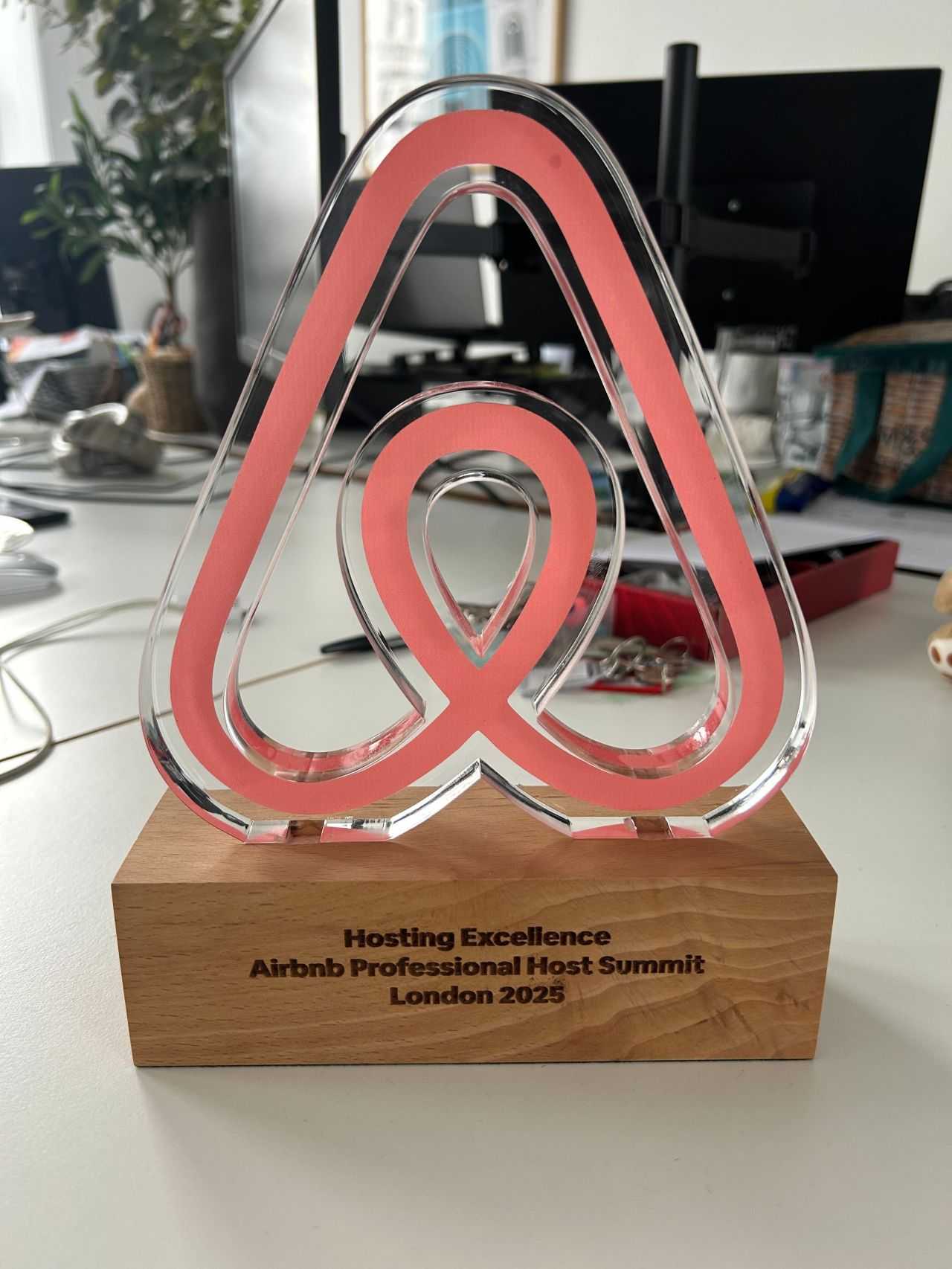Share post:
If you’re relocating overseas, but you’re not ready to let go of your property for good, try flexible letting. This letting strategy enables you to retain ownership of your property while generating rental income and maintaining flexibility to utilise it in the future.
In this article, you’ll discover what flexible letting is and why it’s perfectly suited for landlords who want to go abroad but are unsure if it’s a permanent or temporary relocation.
About Flexible Letting and Relocating Landlords
According to statistics, around 513,000 people emigrated from the UK in 2024. A separate report states that the significant outflow in 2024 is expected to continue in 2025, with common reasons including tax reforms, quality of life, and economic conditions.
There appears to be a clear pattern among landlords, suggesting that relocating abroad is a growing trend. But what if you have a property and you’re unsure if you want to relocate permanently? Should you sell your property or keep it while you’re still uncertain?
Selling seems permanent. Choosing to keep your property is a wise decision. But what should you do with it while you’re away?
Flexibility is the key and could be your biggest asset.
Flexible letting can help you generate rental income from your property while you figure out your relocation plans.
This rental strategy combines the maximum earning potential of short-term letting with the steady income stream from mid-term and long-term rentals. When used correctly, it can lead to significant earnings for property owners living abroad.
3 Benefits of Flexible Letting
Combining short-term and long-term letting offers a powerful solution for landlords who are unsure of their plans. The ability to switch between different letting strategies increases the property’s income potential while keeping it open for the owner to use when required.
It offers 3 specific benefits to landlords living abroad.
- Control over the calendar. You can block off dates when you want to use the property. This might be for your use or for family and friends who need a place to stay in London.
- Passive income without commitments. The short-term rental aspect of flexible letting means you can earn from the property without being tied to a 12-month lease. Once you’re sure you won’t need the property, you can then opt for long-term lease agreements.
- Higher rental yields. Short-term letting delivers higher nightly rates compared to long-term leases. Although London limits short-term rentals to 90 nights per year, this still results in significant earnings. When combined with mid-term or long-term letting for the remainder of the year, flexible letting can yield high rental returns.
How to Prepare Your Property for Flexible Letting
If you’re convinced that flexible letting is the right step for our property, you need to prepare it before you pack your bags and leave.
Here are the steps you need to take to prepare your property for letting.
- Declutter and depersonalise. Go through all your items and remove the valuables and personal items. Keep the rest so that short-term rental guests have something to use during their stay. If you have some old furniture pieces, consider investing in durable ones so they won’t break despite the high turnover in short-term letting.
- Improve the property’s visual appeal. Invest in furnishing and decor that can make your property visually appealing to guests. Short-term guests often rely on property photos before deciding to book a stay. Make sure the interior design of the property promises a memorable experience for guests.
- Check property compliance. Consider all the health and safety checks required for rental properties. These include gas safety inspections, fire risk assessments, smoke alarm tests, EPC ratings and similar compliance checks.
- Update your insurance. A typical home insurance policy is not enough for short-term rentals. You need to check your coverage and get a landlord’s insurance to ensure you can make claims for damage caused by guests.
Partner With a Property Management Company
Since you will be living abroad, you need someone to manage the property. Partner with a London-based property management company to take care of the daily operations while you’re gone. They will update you and keep your property occupied throughout the year.
Look for a company willing to customise its letting strategies. You want to specifically choose a company with experience and expertise in flexible letting. That means they know when it’s the right time to switch between short-term, mid-term and long-term letting so you get the highest possible rental income.
You should also verify that they have a 24/7 platform that provides you with access to your property’s performance. This should provide visibility into your property’s occupancy, earnings, and condition. This will help you stay on top of your rental property, even when you’re far away, and allow you to access the booking calendar.
Since flexible letting involves short-term rentals, choose a company that offers in-house cleaning and maintenance services. This will ensure your property is always ready for the next guest, and any issues will be addressed promptly.
With compliance a crucial part of rental properties, look for a property management company that offers compliance services. This means they will monitor and handle legal requirements, including insurance updates, safety certifications, council regulations, and other compliance issues.
Opt for Flexible Letting Before Relocating
The London rental market remains robust, providing lucrative income opportunities for property owners. If you are leaving your primary residence because you have decided to relocate to another country, don’t be too quick to sell it.
Monetise your property and make it available among professionals, students and travellers. It’s the perfect time to take advantage of the high demand for temporary accommodations in London.
Whether you’re headed for a temporary work contract or a more permanent retirement plan, City Relay is here to give you the tools, support and flexibility that will help you rent out your property with confidence.
Find out how City Relay helps partners earn rental income even if they live far away:
How a Remote Property Owner Achieved Long-term Letting Success from 8,000 Miles Away
How to Become an Award-Winning Rental Property with Back-to-Back Bookings
Do you want to achieve the same success as these partners? Request a free rental estimate and discover the potential of your property.
FAQs
Can I use my property when I return?
Yes. Flexible letting includes short-term rental that frees your property from long-term commitments. This means you can block off dates on your property, allowing you to use it when needed.
Is short-term letting legal in London?
Short-term letting is legal across London, but it comes with specific limits, specifically the 90-day limit. This means you can only rent your property on a short-term basis for 90 days a year. If you want to extend the length, you will need to apply for planning permission.
How much can I earn from flexible letting?
This depends on your property’s location, size and the seasons. Landlords can earn a 6-figure income if they can maximise their pricing and marketing strategies. Working with an experienced property management company like City Relay will get you access to dynamic pricing strategies that can maximise your property’s occupancy rate and earning potential.
Can I change my mind and sell my property?
Yes. As the owner of the property, you can choose to sell it if you decide to live abroad permanently. But since selling takes time, you can keep using flexible letting to earn from the property while you wait for the right offer from a buyer.












